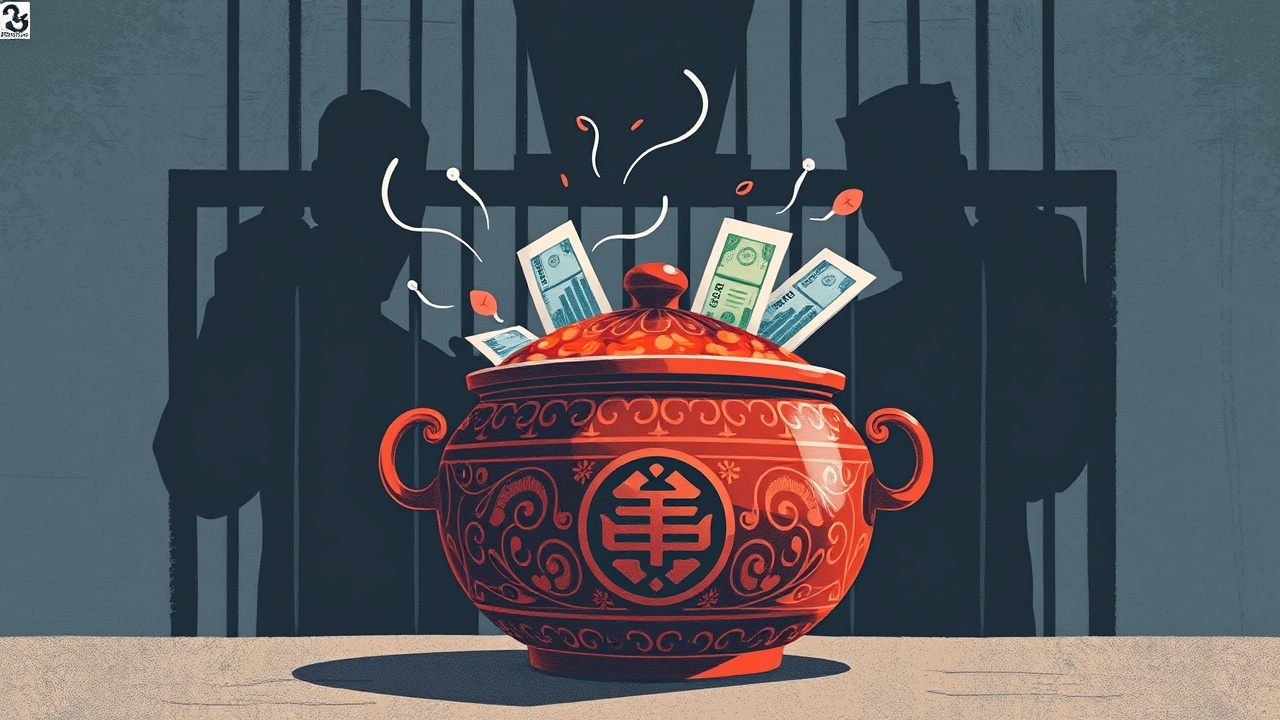South Korean Court Upholds Sentences for Crypto Traders
A South Korean court has reaffirmed the prison sentences imposed on several crypto traders who capitalized on the kimchi premium, resulting in substantial profits from their activities. As reported by Nocut News, the Daegu District Court Criminal Division maintained the sentencing of the majority of those involved, while adjusting the sentence for one individual, identified only as the ringleader, who may now spend up to three years behind bars for his role in the scheme.
Court Ruling and Adjustments
In a ruling issued on June 12, Judge Oh Deok-sik acknowledged that while most of the sentences were upheld, one trader’s previous 18-month suspended prison sentence was deemed too lenient and was converted into a full prison term of 18 months. The group was convicted of breaching pertinent financial laws, including the Act on Reporting and Use of Specific Financial Transaction Information and the Foreign Exchange Transaction Act.
Illegal Operations and Evidence
Evidence presented during the trial revealed the traders illicitly funneled hundreds of billions of won—approximately $296 million—into South Korea by reselling cryptocurrencies purchased in Japan. Collaborating closely with Japanese investors, the group orchestrated a sophisticated scheme to take advantage of the price disparity in crypto markets, known as the kimchi premium, which saw significantly inflated Bitcoin values in South Korea.
Prosecutors disclosed that the group received about 27 billion won (nearly $20 million) from their overseas partners as payment for their services in this illegal operation. Despite their actions, the defendants have consistently claimed innocence, arguing that their transactions were not subject to financial regulations because they involved digital currencies rather than cash.
Conclusion of the Case
However, the appellate court dismissed these defenses, concluding that the defendants manipulated price variations to illicitly export foreign currency and earn commissions. The judge affirmed that the initial sentences were appropriate and warranted. Regarding the trader whose sentence changed from a suspension to actual prison time, the court noted the gravity of his actions, especially his involvement with shell companies. It was mentioned that his earnings from the venture were minimal compared to the severity of the crime committed, as he profited only about $4,000 in commissions. The judge emphasized the necessity of a firm stance against such financial misconduct in order to uphold the integrity of financial regulations.




